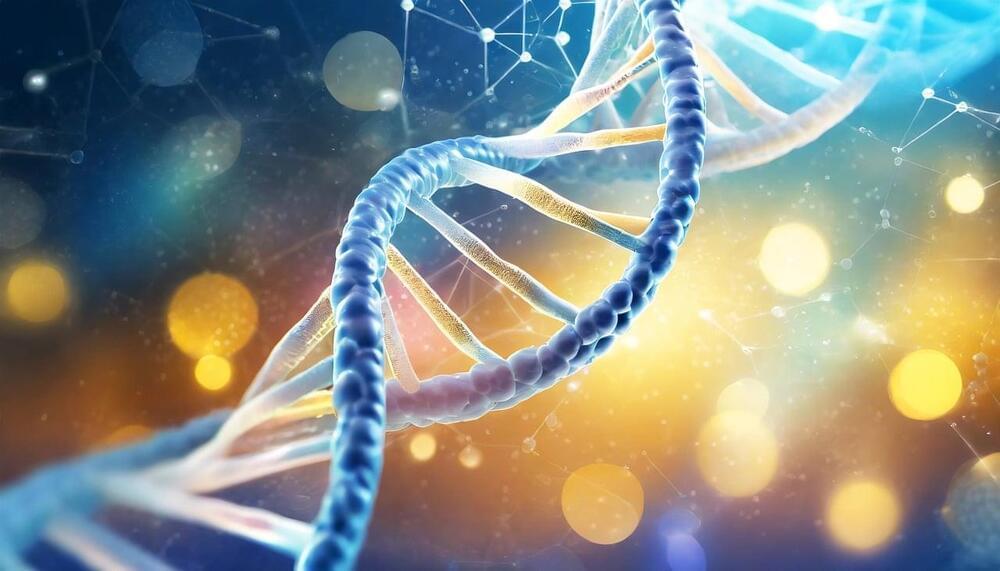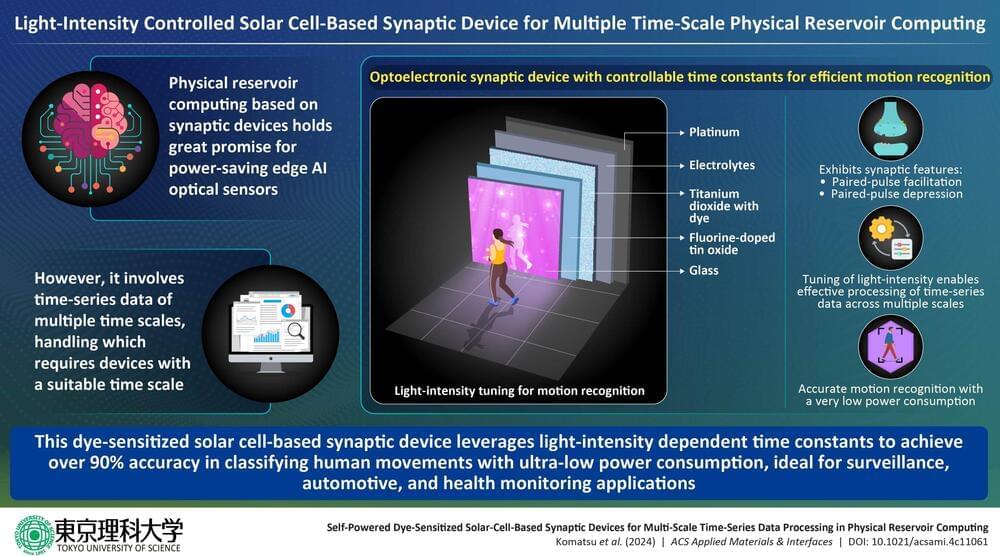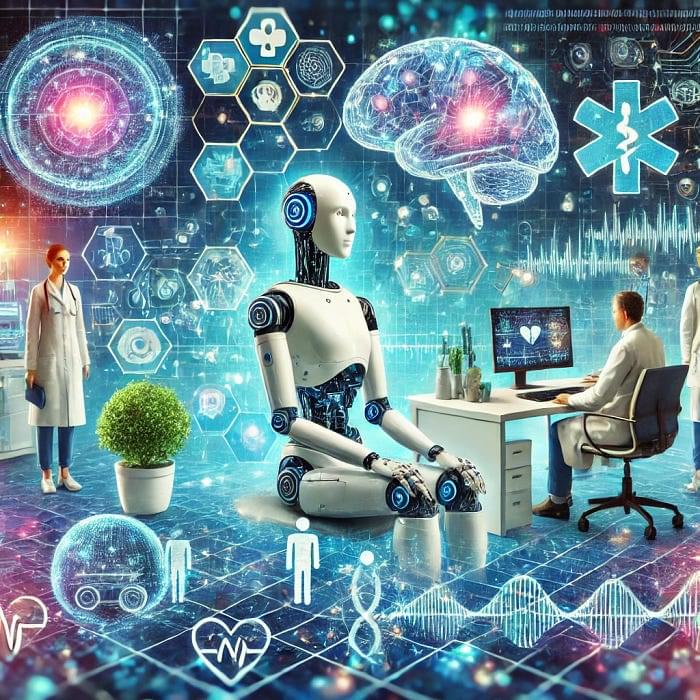Colorectal cancer (CRC) remains one of the most clinically challenging malignancies facing our public health system. CRC accounts for the second and third most common cancer in males and females, respectively. In addition, CRC represents one of the most deadly cancers, expected to result in over 50,000 mortalities in 2024.
Hereditary colorectal cancer (HCRC) occurs when a parent passes a cancer gene to a child. Unfortunately, we have not identified a single gene that causes the disease. Hereditary CRC syndromes, such as hereditary non-polyposis colorectal cancer (HNPCC; also known as Lynch syndrome) and familial adenomatous polyposis (FAP), describe a group of genetic diseases that confer a high risk of developing CRC. As our knowledge has expanded, we have learned about a growing number of genetic variants in the genes that predispose carriers to CRC. However, the precise role of some variants in the development of CRC cancer remains unclear. Uncovering more information about these variants, called variants of uncertain significance.
As our knowledge has expanded, we have learned about a growing number of genetic variants in the genes which predispose carriers to CRC. However, the precise role of some variants in the development of CRC cancer remains unclear. Uncovering more information about these variants, called variants of uncertain significance (VUS), can aid in optimizing screening and surveillance programs.






